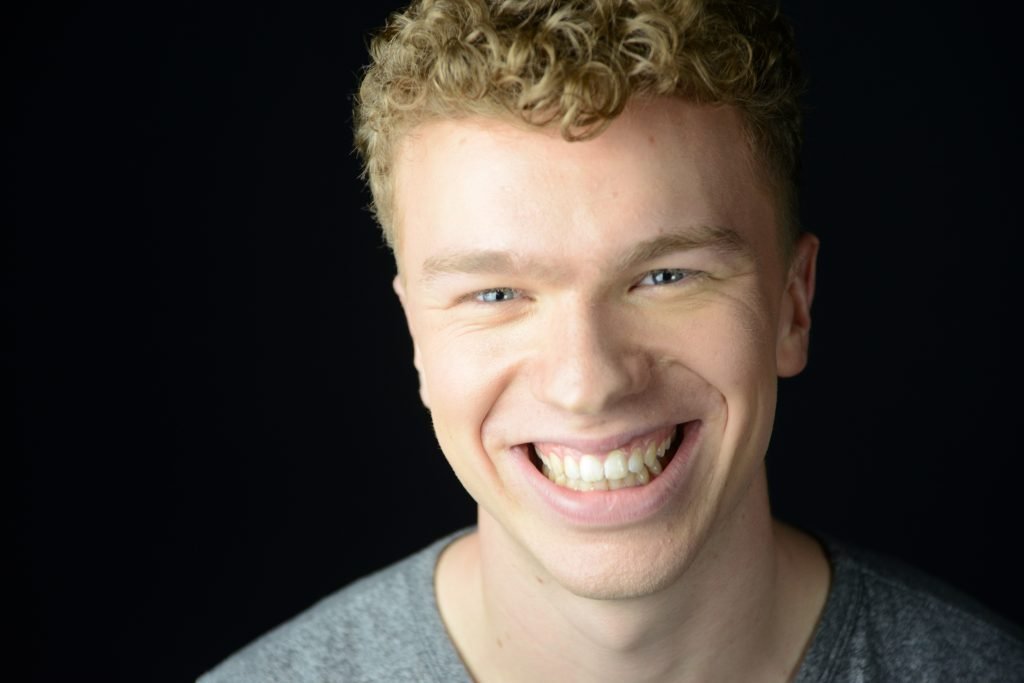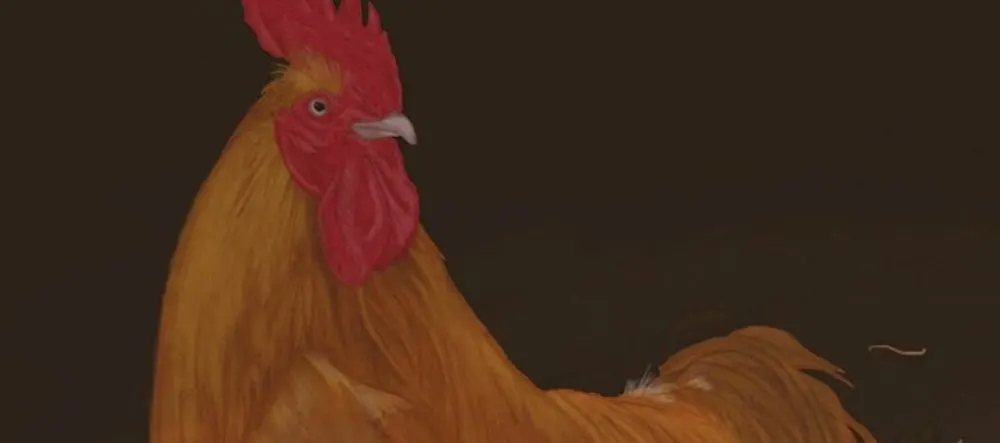Mattho Mandersloot is a translator from Amsterdam. He holds a degree in Classics from King’s College London and one in Translation from the School of Oriental and African Studies. Formerly a competitive taekwondo athlete, he now spends most of his time translating Korean fiction. In 2018, he won the World Literature Today Translation Prize and the Oxford Korean Poetry Translation Prize.
We caught up with him to find out about his translation process and his upcoming translation of Demons by Kang Hwa-gil – part of the new Yeoyu series from Strangers Press.
What made you want to be a translator and how did you get started?
That’s a funny story. Initially, I was positive that I was meant to be the next world champion in taekwondo poomsae.
Aged 17, I left my home to train under a famous grandmaster in Suwon, South Korea. I’ve always been a firm believer in hard work over everything, but, as time went by, I came to realise that talent is not exactly a myth, as my Korean peers were miles ahead of me just by virtue of their physique. (And yes, on top of that, they had been drilled since age -10).

Only then I started to wonder if I, too, had something that I was inherently good at. I sort of knew I had a way with languages, but my time in Korea provided me with the necessary ‘proof’: whilst my taekwondo instructors weren’t so impressed with my kicks and punches, they were truly taken aback by how quickly I picked up Korean.
Sometimes we would abandon the drill at hand altogether and go over some grammar patterns instead. The sheer joy I got out of ‘languaging’ made me want to translate for a living.
What were the challenges when translating your latest work by Kang Hwa-gil?
Head and shoulders above the rest: the title. The single-word original title (손) refers to evil folklore spirits who interfere with people’s day-to-day lives. Most Korean removal companies, for example, have a calendar on their website showing when these ghosts are purportedly ‘active’ and when the coast is clear, so that whoever believes in their existence may plan accordingly.
I toyed with all kinds of phantoms but none of them are completely accurate and all of them have other, mostly unwanted connotations.
Of course, transliterating the Korean would be an option in this kind of situation, had it not resulted in a word that would give the reader a completely different idea of what the story is about: Son. Not even the ‘old’ romanisation system could be of help by suggesting a different spelling or at least a diacritic to distinguish it from the English.
In the end, I decided that Demons did most of the work, whilst also alluding to the English expression ‘fight one’s own demons’, which neatly fits in with the protagonist’s qualms.
How many languages do you speak and what made you learn them?
5 living languages and 3 dead ones (though ‘speaking’ is not the right term for the latter category). I grew up in Amsterdam, speaking Dutch and learning English, French and German in that order.
All of those languages are compulsory in high school, up to a certain level; I guess we like being able to talk with our neighbours. The language freak I was, I also took both Latin and ancient Greek by choice (translation galore!), and grew so fond of Horace and Homer that I decided to pursue a degree in Classics.
My understanding of Korean originates in being surrounded by Korean teammates 24/7 and figuring out what body part they told me to move by this word or that. After my return from Korea, I began studying the language formally, setting out on a learning curve that would culminate in a master’s in Korean Studies at Oxford.
There, I added a final mark to the tally by taking a course in classical Chinese. It’s absolutely fascinating to witness the interplay between all these different languages in my own head.
What are the best and worst parts about translating literature?
Let’s start with the bad news: translation is still an undervalued enterprise. Both in monetary terms and in recognition. It’s definitely on the up, but most friends still declare me a fool for wanting to embark on this career, and I don’t blame them.
For me, however, the downsides far from outweigh the blessings of the job: the euphoria when you dig up exactly the right phrase from the depths of your mind, the pleasure in knowing that you are introducing a number of people to new and exciting literature they would otherwise never have come into contact with, and obviously bickering with fellow translators about the minuscule difference between two synonyms (honestly though, I think translators are the most warm-hearted people in the world!).
What’s next for you?
I’m quite set on moving back to Korea soon. I’ve learned a lot reading and studying lots of literature from afar, but right now I feel I need to fully immerse myself again. And I miss noraebang nights. A lot. I’ve been working on a few things behind the scenes, so hopefully, some of those will come to fruition before I go and I can keep myself alive.
What advice would you give someone who wants to become a translator?
Summer schools, mentorships, symposiums: apply for and go attend them all. I can’t even begin to describe how much help I’ve received from the people I met on such occasions.
The Emerging Translators Mentorship from the National Centre for Writing stands out for me personally, but even if your language isn’t offered, simply being able to have a chat with other translators who have been or are currently going through a similar process as you, is key. And above all, it makes the job all the more fun taking part in this kind of ‘tribe’ that us translators have apparently formed (to quote Danny Hahn).
What are you reading right now?
Endless Blue Sky by Lee Hyoseok, which is the next book for discussion at KCC’s Korean Literature Night, where I’ll be moderating.
Given my background, I’m perfectly liable to derail the conversation into a rant about the translator’s every choice, whether good or bad, but luckily the novel is also very interesting historically as well as formally, so there’ll be lots to talk about.
Plus, I always love hearing others’ experiences of a book; I wish I could assemble an impromptu book club for every book I read. (Or maybe a blog like yours would work too, ha!).
We did actually review Endless Blue Sky for anyone who’s curious about this excellent book!
You can follow Mattho on Twitter. For more like this read our other translator interviews.



